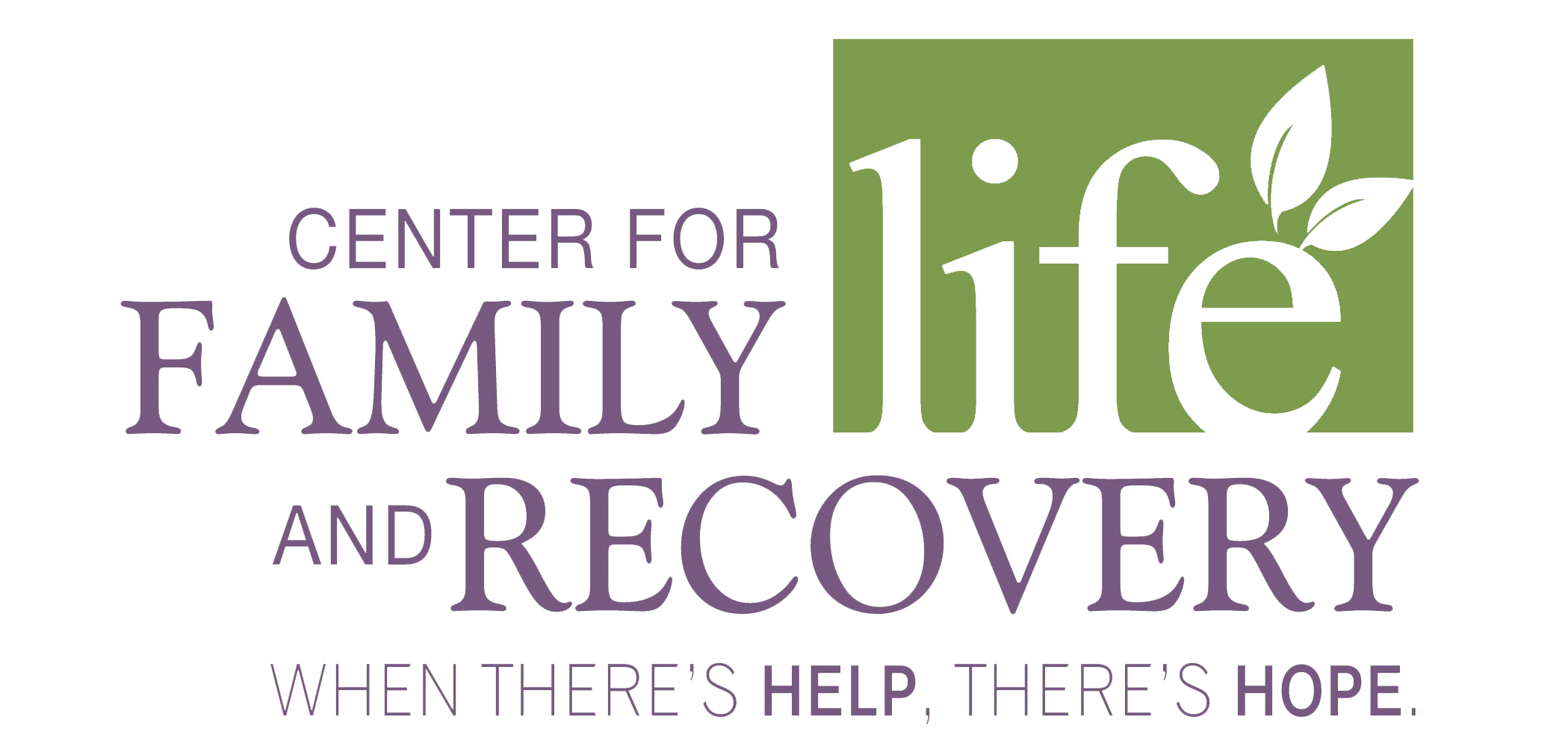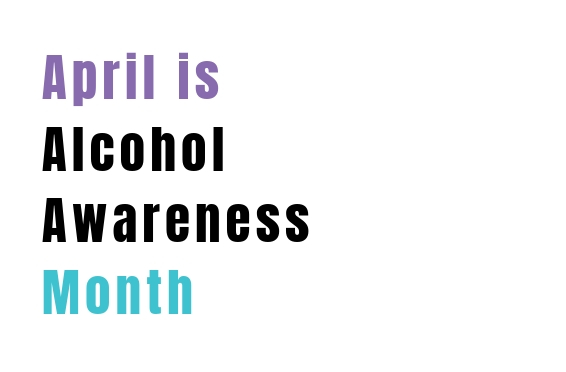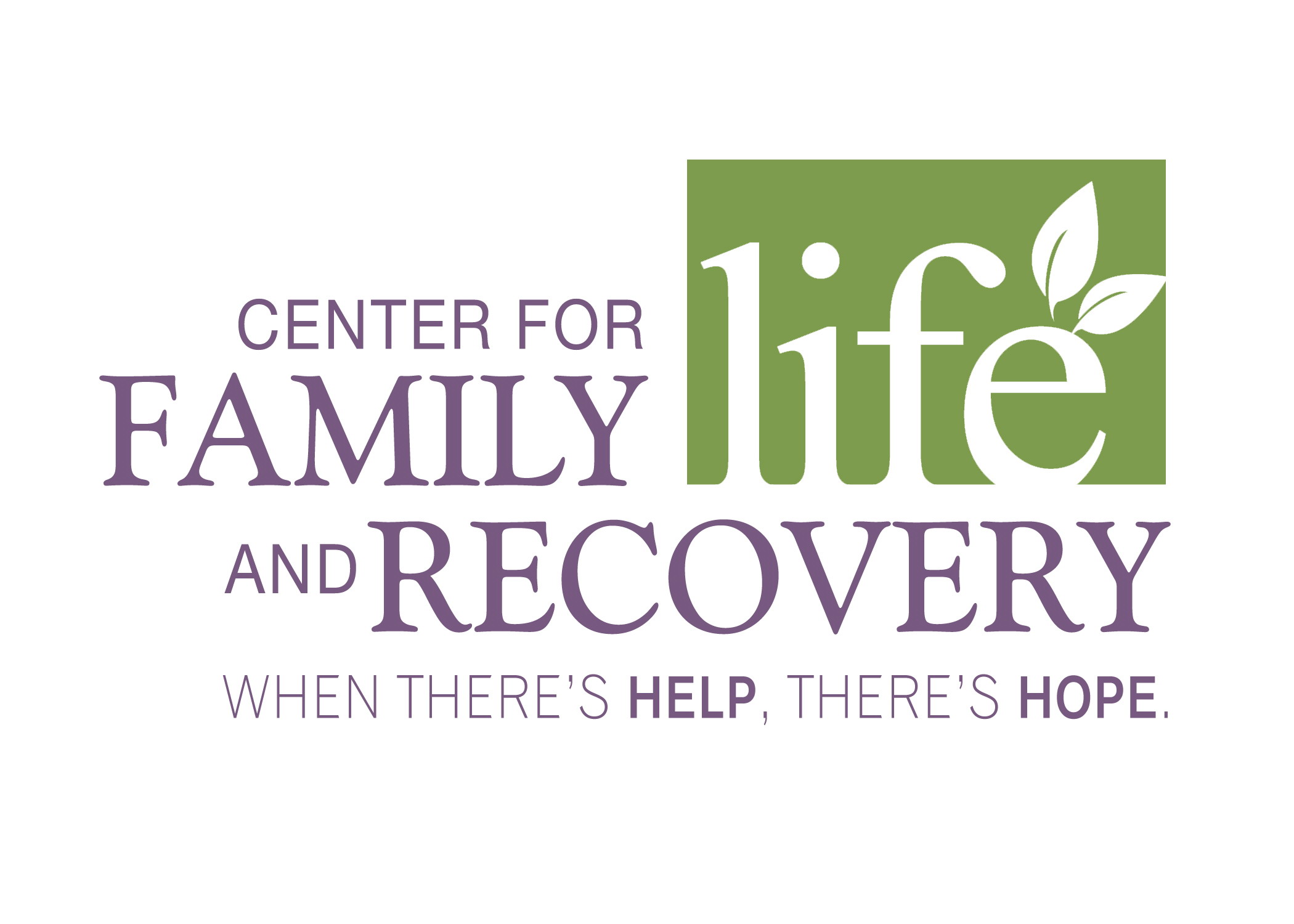April is Alcohol Awareness Month. This is a national public health awareness campaign to increase education and understanding of the causes and dangers drinking and risks, treatment, and stigma that is associated with addiction. Alcohol is the most used substance by youth and adults in the U.S. and is the third leading cause of preventable death. Roughly 95,000 Americans die from alcohol-related causes each year. Some signs of alcohol abuse may be things like:
- Experiencing temporary blackouts or short-term memory loss
- Exhibiting signs of irritability and extreme mood swings
- Using alcohol to “cope”
- Choosing drinking over other responsibilities and obligations
- Becoming isolated and distant from friends and family members
- Change in hygiene
Alcohol abuse/addiction may impact an individual in many ways such as:
- Difficulty in school or with an employer
- legal problems/impaired driving
- Increased risk of Physical and sexual violence, suicide and homicide.
- Memory problems.
- Misuse of other substances.
- Changes in brain development that may have life-long effects.
The following are some questions to think about if one might think their alcohol consumption is becoming or is a problem:
- Have you continued to drink even though it was making you feel depressed or anxious?
- Are you drinking alcohol with prescribed or over the counter medications?
- Have you lost interest in other activities and hobbies since you started drinking?
- Have you experienced symptoms associated with an alcohol withdrawal?
- Have you felt an urge or craving to consume alcohol?
Parents play a vital role in prevention of addiction by having the tools to understand the signs and symptoms of risky behaviors, knowing the trends that are out there, and knowing how to just have these kinds of conversations. Parents also are role modeling behaviors so ensure they are positive and healthy and that children are learning how to self-regulate and cope with life situations as well as encouraging them to know it is okay to ask for help.
If you need help, have questions, or need resources please call CFLR. We want you to know you are NOT alone and we are here to support you and your family!


